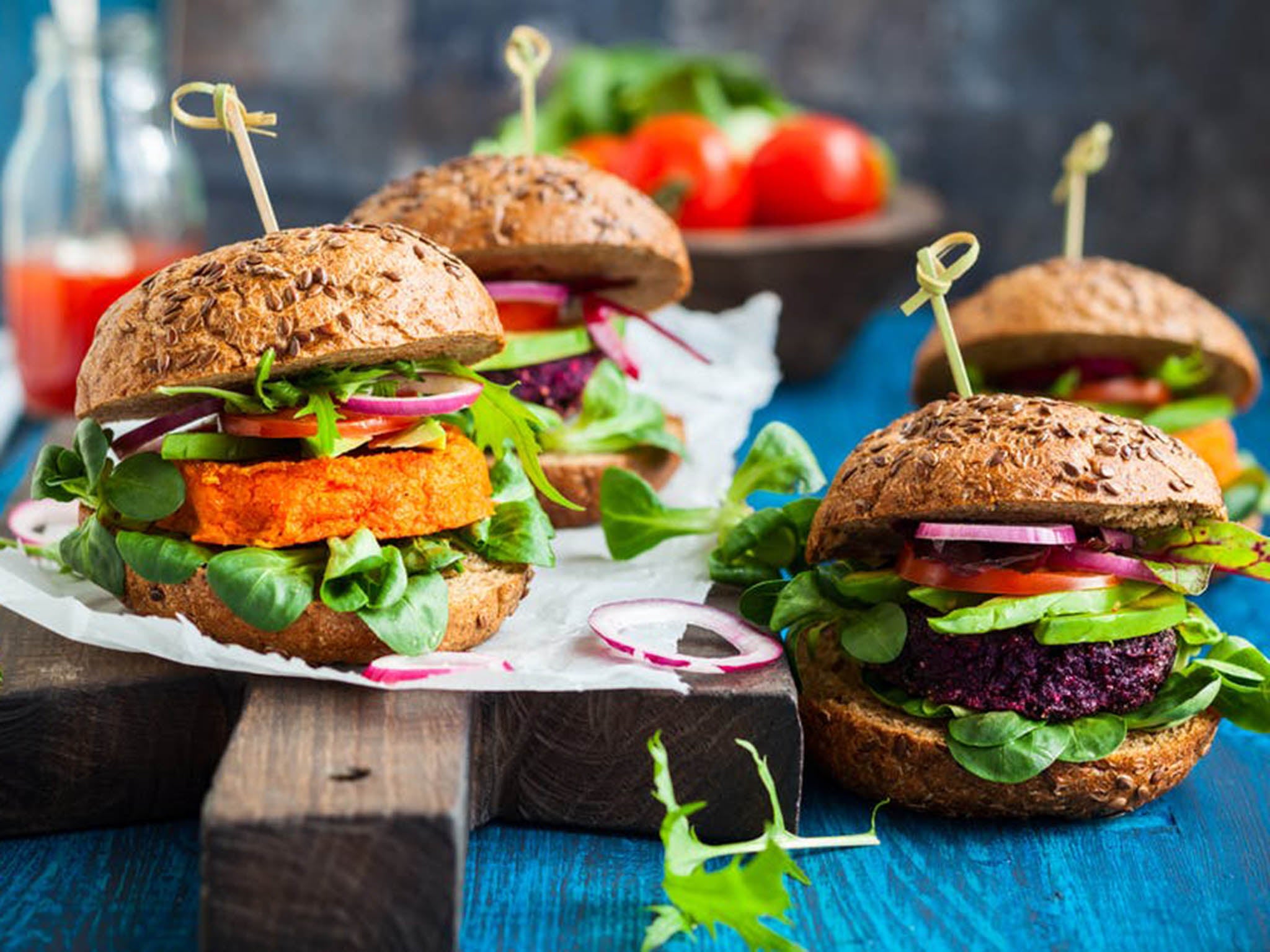Your support helps us to tell the story
From reproductive rights to climate change to Big Tech, The Independent is on the ground when the story is developing. Whether it's investigating the financials of Elon Musk's pro-Trump PAC or producing our latest documentary, 'The A Word', which shines a light on the American women fighting for reproductive rights, we know how important it is to parse out the facts from the messaging.
At such a critical moment in US history, we need reporters on the ground. Your donation allows us to keep sending journalists to speak to both sides of the story.
The Independent is trusted by Americans across the entire political spectrum. And unlike many other quality news outlets, we choose not to lock Americans out of our reporting and analysis with paywalls. We believe quality journalism should be available to everyone, paid for by those who can afford it.
Your support makes all the difference.Campaigners are fighting back against a proposed EU ban on supermarkets describing veggie burgers as “veggie burgers” – in a rule change that could see the meals re-branded as “veggie disks”.
MEPs on the European parliament’s agriculture committee voted overwhelmingly to include the name ban in a package of food labelling regulations earlier this year, arguing that consumers are confused by the use of meaty names for non-meat products on packaging.
But other MEPs who oppose the regulations, which would make it illegal to sell veggie “burgers”, “sausages”, “escallops”, and “steaks” – believe that meat industry lobbying must be behind the move.
The rules, which received the backing from the parliament’s main political groups at committee level, are set to be voted on by all MEPs after the European parliament elections, and will have to be approved by the Council of the EU.
A petition set up by the campaign group ProVeg on Monday received 5,000 signatures in just half a day, with the number of signatories rising faster by the minute.
The MEPs in favour of the new regulations point to another EU law which since 2017 has banned the sale of soya milk as “soya milk” – the dairy milk replacement must now be labelled as “soya drink” following a ruling of the European Court of Justice.
Philip Mansbridge, a spokesperson for ProVeg, said: “There is no evidence to suggest that consumers are confused or misled by the current labelling of vegetarian and vegan products. To suggest that consumers do not understand the meaning of the term ‘veggie burger’ and other similar terms is an insult to their intelligence.
“The use of ‘burger’, ‘sausage’, and ‘milk’ wording on plant-based products actually serves an important function in communicating characteristics that consumers are looking for when buying plant-based products, especially in terms of taste and texture. They’ve been used successfully for decades. Why confuse matters?
“The proposed restriction would also unnecessarily restrict manufacturers, producers, and the positive social and environmental changes created by the plant-based market, one of the fastest-growing and most innovative sectors in the food industry today.”
Other NGOs have also spoke out against the plan. Greenpeace said the proposals were “ridiculous” while Green MEP Molly Scott Cato said it would be “a bit repulsive if you have to eat something called ‘vegetable protein tube” and that producers should get creative with names if the regulations could not be stopped.
Figures from UK supermarkets suggest that around one in three British people have stopped or reduced their meat consumption in recent years, particularly among younger demographics.
Research by the Vegan Society suggests that the number of vegans quadrupled between 2014 and 2018, now representing about 1.2 per cent of the population. The Vegetarian Society estimates that a further 2 per cent of the population is vegetarian.

Join our commenting forum
Join thought-provoking conversations, follow other Independent readers and see their replies
Comments